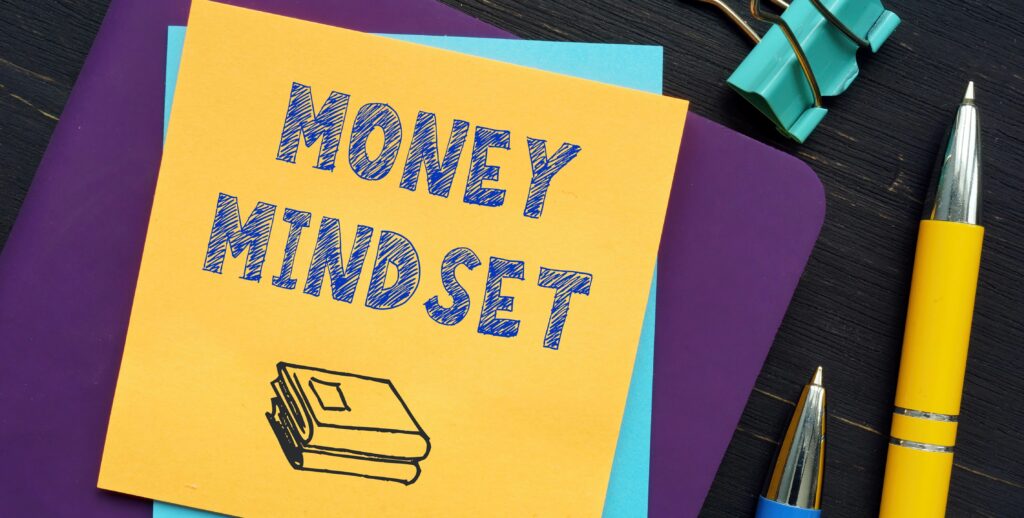Related Articles
Sort your business finances for good — 5 top tips to get you started
An introduction to changing your money mindset and creating reliable processes for keeping track of your incomings and outgoings
Do you throw yourself at every opportunity hoping at least one will generate enough cash to pay your tax or credit card bill next month? Are you tempted to sign up to work with the coach who promises to wipe out all debts in 6 weeks if you just sign up for their course costing £20,000? It’s time to take back control! Here are five top tips to get you started.
Tax Return Made Simple Series – Busting Challenge No.9
The following is a sample extract of an unedited draft chapter of our forthcoming book, Tax Return Made Simple which addresses each of the 12 challenges that…
Who are you and what do you want?
Last week, I discussed finding strength in our daily meditation practice because over the years I haven’t always meditated daily. I don’t necessary think we…
Tax Return Made Simple Series – Busting Challenge No.3
The following is a sample extract of an unedited draft chapter of our forthcoming book, Tax Return Made Simple which addresses each of the 12 challenges that…
Tax Return Made Simple Series – Busting Challenge No.4
The following is a sample extract of an unedited draft chapter of our forthcoming book, Tax Return Made Simple which addresses each of the 12 challenges that…

 Solution: Believe that you can.
Solution: Believe that you can. If you don’t believe you can do your accounts then any action you do take could unconsciously sabotage it, to ensure your expectations support your belief.
If you don’t believe you can do your accounts then any action you do take could unconsciously sabotage it, to ensure your expectations support your belief.

